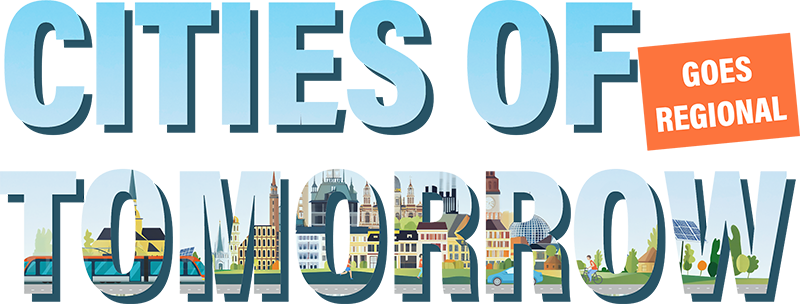The planned Innovation Center and Underground Parking in Târgu-Mureș is designed to create a cohesive urban complex with the nearby Theatre, serving as a dominant landmark in the city center. The project’s architectural and functional integration will make these buildings a focal point in the city’s urban core.
The Innovation Center will be developed on multiple underground levels, and in conjunction with the theater’s construction, it aims to modernize the surrounding area. The project emphasizes the need for better traffic management, green spaces, and pedestrian zones to reduce congestion and improve the aesthetic and functional coherence of the city’s central area.
Additionally, the project proposes enhancing public transport connectivity and establishing new pedestrian pathways between key urban zones, transforming the area into a vibrant and accessible hub for residents and visitors alike.
